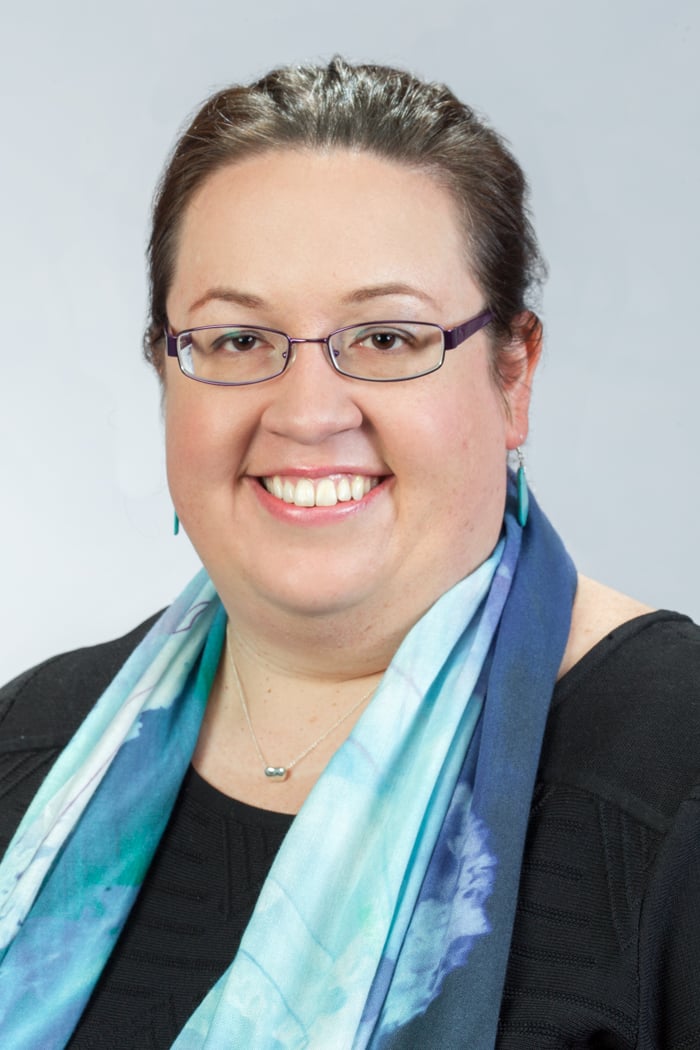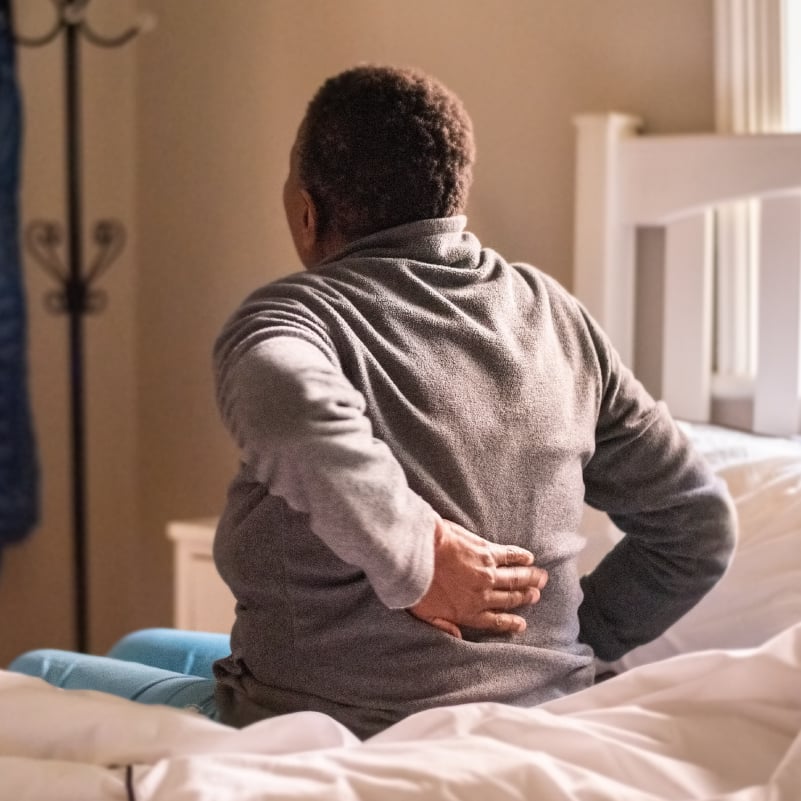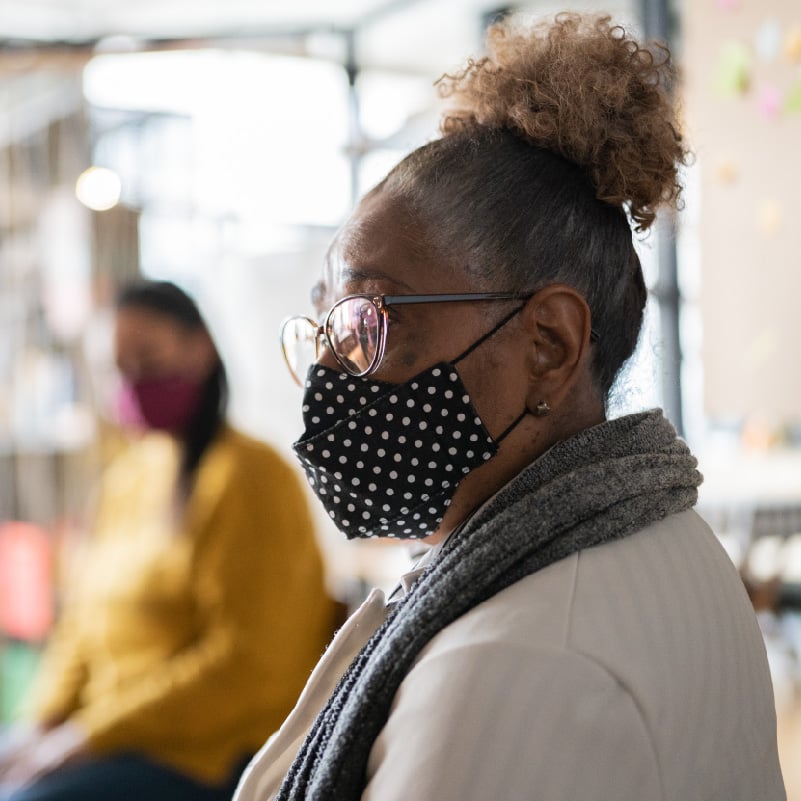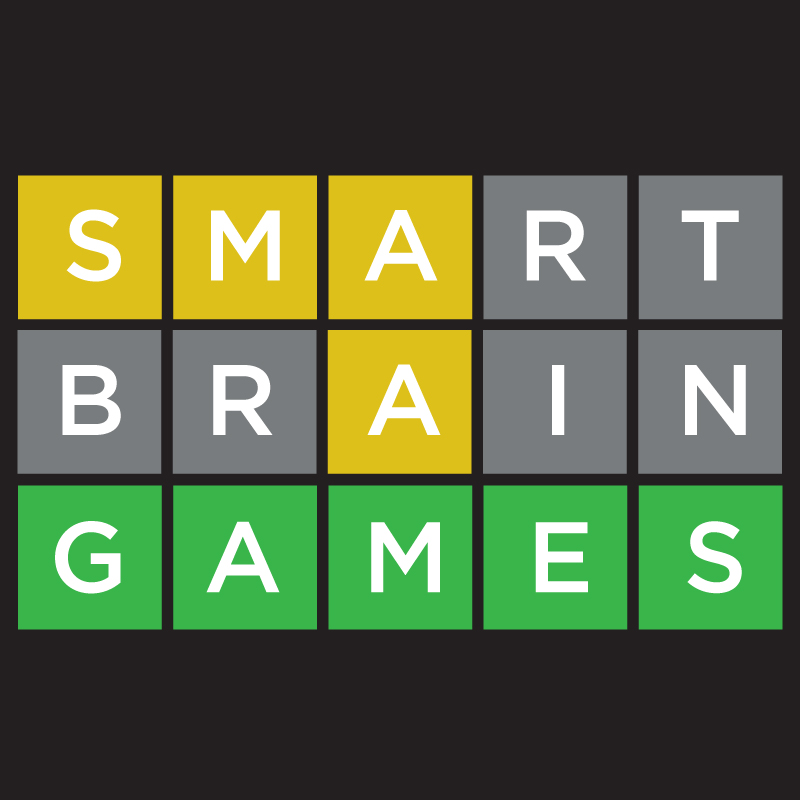While millions of people around the world are living with dementia, each person’s case is unique to their life and the lives of their family and loved ones.
There are different types of dementia that lead to patients showing different symptoms at different stages of the disease. One of these types of dementia is frontotemporal dementia, which came into the international spotlight with the announcements of actor Bruce Willis and former talk show host Wendy Williams being formally diagnosed.
Marla Bruns, MD, PhD is a behavioral neurologist with Rochester Regional Health and sees patients with all types of dementia, including frontotemporal dementia. She explains what makes this form of the disease different and how to recognize the signs early on.
What is frontotemporal dementia?
Frontotemporal dementia (FTD) is a neurodegenerative disorder, meaning there is a process that causes brain cells to die. The disease affects the frontal and temporal lobes more than other parts of the brain which has led to the name of the disease.
Nerve cells are lost when certain types of abnormal proteins begin clumping together in the brain’s neurons. Some of these proteins include:
- tau
- TDP-43
- FUS
Some of these protein accumulations stem from a variant in a person’s genes. Genetic history is the only known risk factor for developing frontotemporal dementia. Approximately one third of all FTD patients have a family history of dementia, according to the Alzheimer’s Association. Scientists currently do not know the cause of frontotemporal dementia.
FTD is most common under the age of 60, according to the Association for Frontotemporal Degeneration, but can happen at any age.
Currently, the term frontotemporal lobar degeneration is now preferred as opposed to frontotemporal dementia, which is now used only when patients with frontotemporal lobar degeneration have symptoms that affect behavior.
Signs of frontotemporal dementia
Patients living with FTD start to show behavioral changes first, and might also have difficulty expressing or understanding language. If a person starts to act in ways that are not characteristic of their personality or begins to struggle with making decisions, this may be an early sign of FTD.
People will often appear physically healthy despite the breakdown happening with their neurological system. The speed at which people with FTD decline varies from person to person.
Most individuals with FTD eventually begin to show difficulty with mobility and other body functions. Rarely, FTD patients may show muscle weakness. Eventually loss of muscle coordination will lead to problems chewing, swallowing, and controlling bladder and bowel functions. These issues lead to a greater risk of infections, pneumonia, or falls over time.
Diagnosis & treatment
If you or your loved one is concerned about changes in behavior that are uncharacteristic for someone, you should contact that person’s primary care provider who will determine if you need to see the Memory Center.
Providers at the Memory Center will ask for a general medical history, observe any previously mentioned symptoms, and perform a neurological exam. Brain scans such as magnetic resonance imaging (MRI) and glucose positron emission (FDG-PET) scans can be helpful in some cases.
If a diagnosis is confirmed, providers may prescribe medications to help reduce some of the emotional symptoms related to dementia, such as agitation, depression, or irritability. There is no current cure for FTD and no current methods of stopping or slowing the disease.
At the Memory Center, Dr. Bruns work as part of a large team that includes neuropsychology, social work, palliative care and caregiver counseling to make an accurate diagnosis and guide patients and families through the course of the disease. Their ultimate focus is on the person and family’s quality of life.










